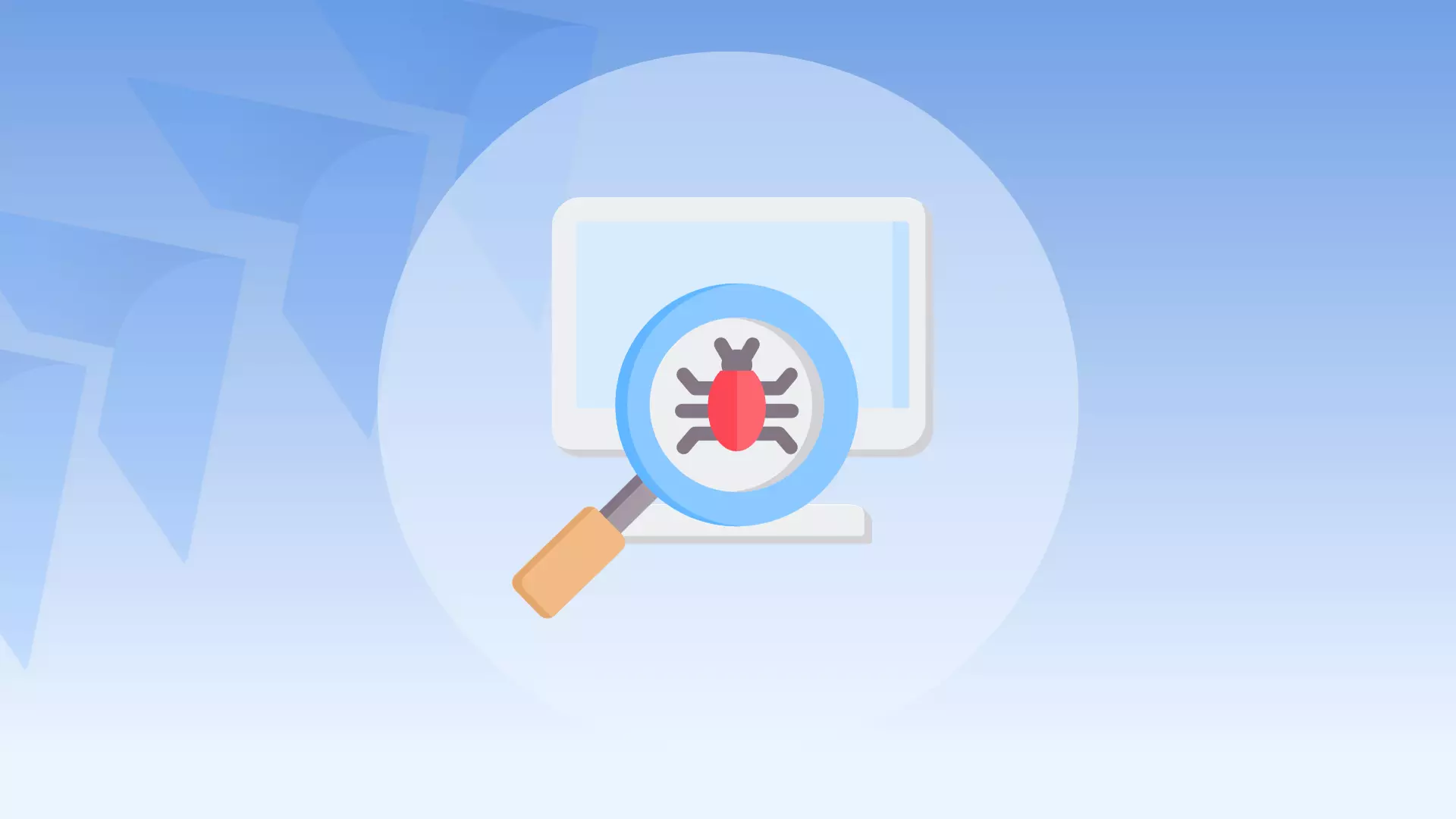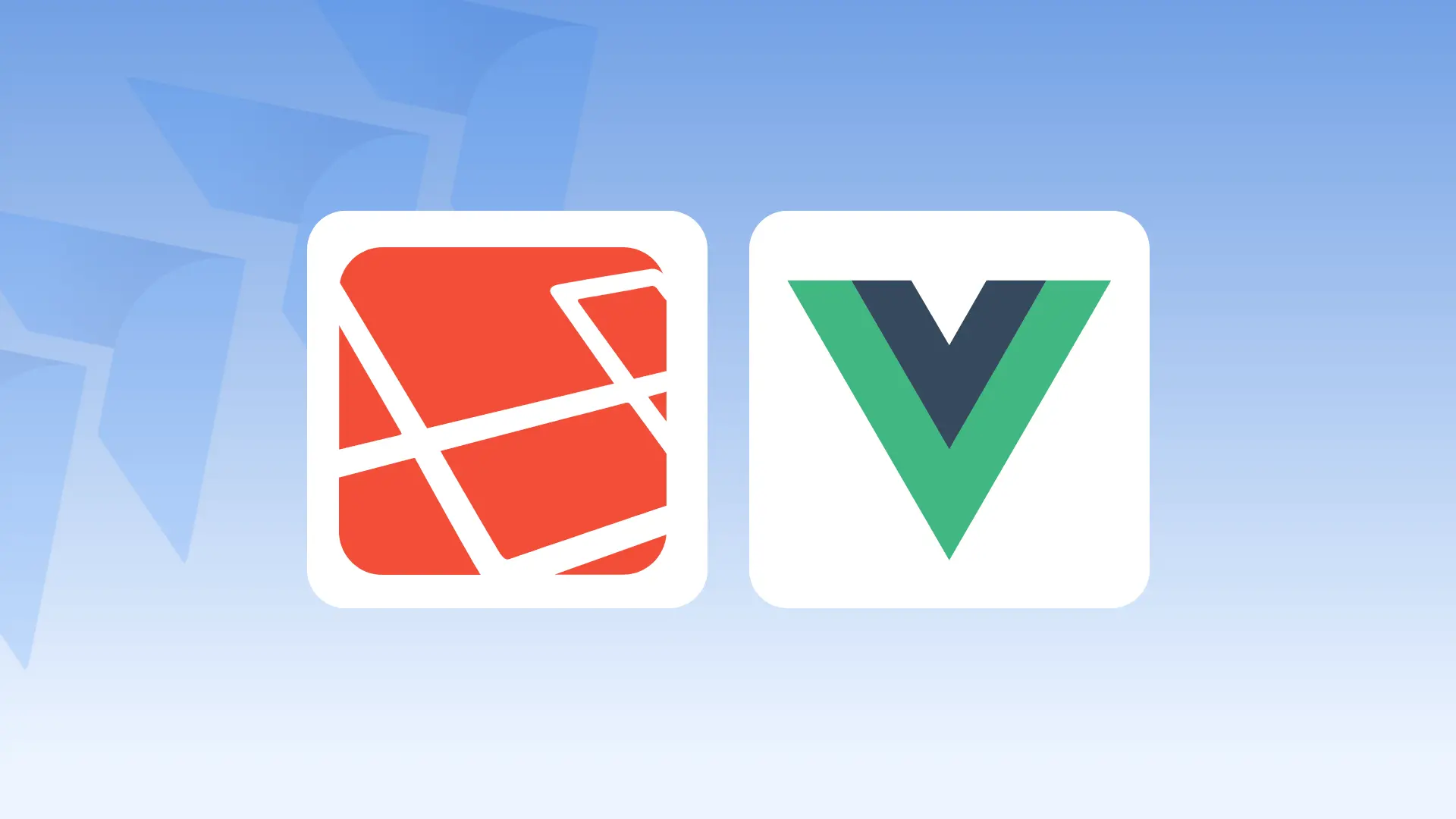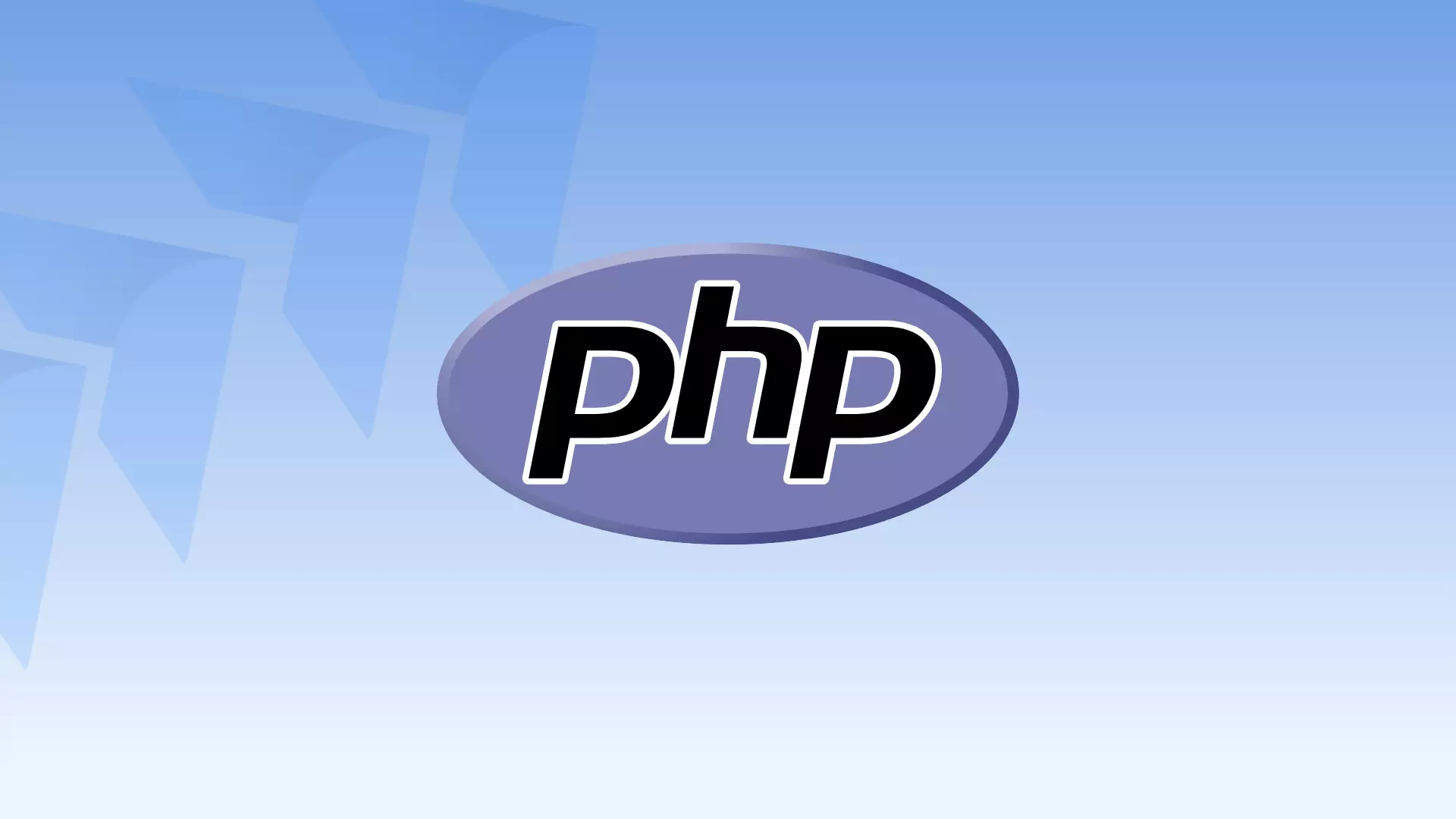Writing better code is essential for the success and maintainability of any software application. These PHP Best practices serve as a guiding light, ensuring that your code remains efficient and reliable. In PHP development, adhering to these best practices is paramount. Let’s delve into some key recommendations for writing better PHP code:
1. Follow the PSR standards:
The PHP Standards Recommendations (PSR) offer a well-established set of guidelines for coding standards, autoloading, and coding style. By adhering to these standards, your code becomes more consistent and easier to maintain. This consistency simplifies collaboration with other developers and ensures that your codebase remains coherent over time.
2. Validate user input:
Security should always be a top priority. To safeguard your application from vulnerabilities like SQL injection and cross-site scripting (XSS) attacks, it’s crucial to validate and sanitize user input rigorously. By doing so, you prevent malicious input from compromising the integrity of your application’s data.
3. Avoid using global variables:
Global variables can introduce chaos into your codebase. They make it difficult to understand, test, and maintain your code. Instead, embrace encapsulation by passing variables as arguments to functions or methods or by utilizing a dependency injection container. This practice fosters modularity and enhances code maintainability.
4. Use meaningful variable and function names:
Code readability is vital for comprehension and collaboration. Choose descriptive variable and function names that accurately convey their purpose. Self-explanatory names make your code more accessible to fellow developers, reducing the need for extensive comments to explain their function.
5. Use namespaces:
Namespaces are your allies in managing complexity. They prevent naming conflicts and help organize your code logically. By encapsulating classes and functions within namespaces, you make your codebase more coherent and comprehensible.
6. Use exception handling:
Errors and exceptions are inevitable in software development. Implementing robust exception handling mechanisms allows your application to gracefully manage unexpected situations. Proper error handling not only enhances the user experience but also aids in debugging and maintenance.
7. Use an MVC architecture:
The Model-View-Controller (MVC) architecture is a powerful tool for structuring your application. It separates concerns, making it easier to manage and test individual components. With this separation, you can modify your application’s functionality or user interface without affecting other parts of the codebase.
8. Use prepared statements for database queries:
Database security is paramount. Prepared statements provide a safeguard against SQL injection attacks by separating SQL code from user input. Utilizing these statements ensures that your application’s interactions with the database remain secure and reliable.
9. Optimize your code:
Performance optimization is an ongoing process. Strive to reduce the number of database queries, leverage caching mechanisms, and eliminate unnecessary code and resources. These optimizations not only enhance your application’s speed but also improve its scalability and resource efficiency.
10. Document your code:
Effective documentation is like a roadmap for other developers. Employ comments and documentation tools like PHPDoc to clarify your code’s functionality, parameters, and return values. Well-documented code promotes collaboration and accelerates the onboarding process for new team members.
11. Manage dependencies:
Keeping track of project dependencies is crucial for maintainability. Use Composer, a widely adopted PHP package manager, to manage your project’s dependencies. Composer simplifies the process of installing and autoloading classes, ensuring that your codebase remains organized and up-to-date.
Conclusion:
By incorporating these best practices into your PHP development workflow, you’ll create code that is not only efficient but also more secure, maintainable, and accessible to your fellow developers. Consistently adhering to these guidelines will lead to a robust and sustainable codebase for your PHP projects.












